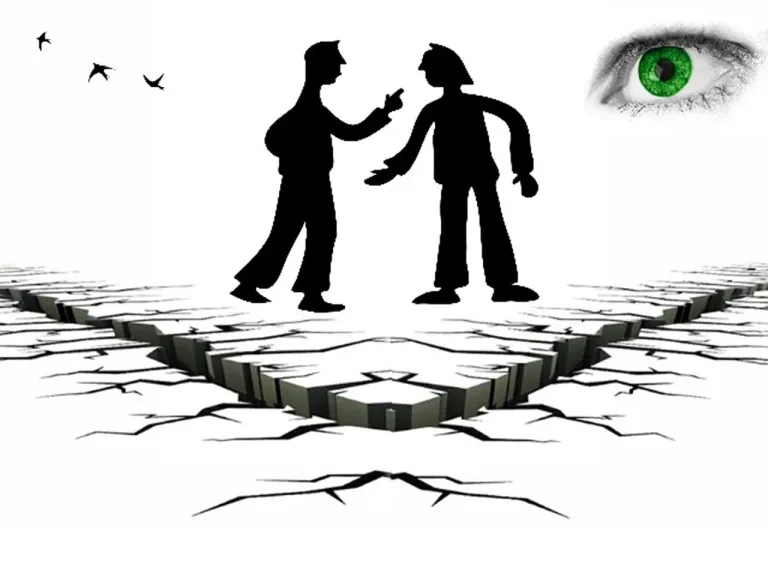Assalamu Alaikum
How are you all I hope you are all very well Welcome to my new another post.
Comparison is a common human propensity, profoundly established in our mind, and plays a critical part in forming how we see ourselves and others. From early childhood, individuals learn to assess their possess capacities, appearances, and accomplishments in connection to those around them. Whether it’s scholarly execution in school, victory at work, physical appearance, or social status, comparison can be a capable inspiration but too a source of stretch and dissatisfaction.
 source
source
Social comparison hypothesis, proposed by clinician Leon Festinger in 1954, clarifies that individuals have an intrinsic drive to assess themselves, and the least demanding way to do so is by comparing with others. These comparisons can be upward, where people compare themselves to those they see as prevalent in a few ways, or descending, where they compare to those they see as less blessed or less fruitful. Both sorts of comparison serve distinctive mental purposes. Upward comparisons can motivate people to make strides, work harder, or reach higher objectives, but they can too lead to feelings of insufficiency, envy, and low self-esteem. Descending comparisons, on the other hand, can give brief boosts in self-esteem, but depending on them can cultivate complacency or a wrong sense of superiority.
 source
source
In the age of social media, the comparison trap has gotten to be more predominant. Stages like Instagram, Facebook, and TikTok show curated, regularly idealized adaptations of other people's lives, making it simple to feel cleared out, second rate, or lacking. Individuals tend to compare their day by day, unfiltered encounters with the highlight reels of others, which can mutilate reality and lead to a never-ending cycle of disappointment. The consistent presentation to others' achievements, appearances, and ways of life makes an increased sense of competition, driving people to chase beliefs that may not be practical or healthy.
 source
source
However, not all comparison is hurtful. Helpful comparison can energize individual development. When individuals degree advance against their claim past selves or use comparison as an instrument for self-improvement, it can lead to positive results. The key lies in recognizing when comparison is accommodating versus when it gets to be hindering. Centering on self-acceptance and increasing in value person advancement is fundamental to breaking free from the unfortunate cycle of comparison. Eventually, learning to celebrate one's interesting trip, or maybe than measuring it against someone else's, is a basic step toward satisfaction and enthusiastic well-being.
** Your post has been upvoted (16.79 %) **
Curation Trail is Open!
Join Trail Here
Delegate more BP for bigger Upvote + Daily BLURT 😉
Delegate BP Here
Upvote
https://blurtblock.herokuapp.com/blurt/upvote
Thank you 🙂 @tomoyan